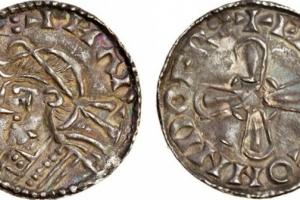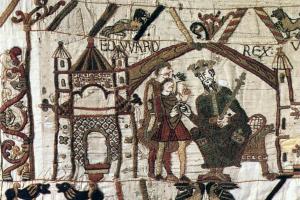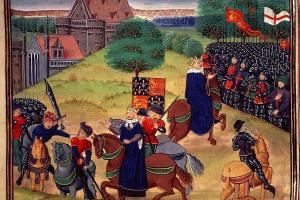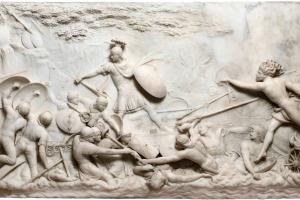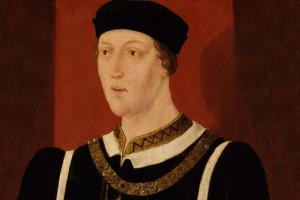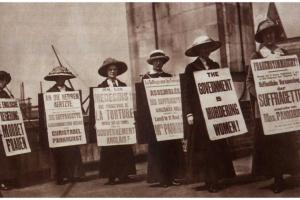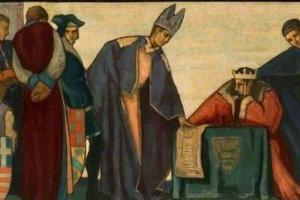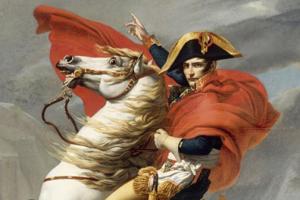Historical Period
Harold ruled briefly, from 1035 until 1040, and what has been recorded is often based as much on rumour, judgement and supposition as it is on fact. There are only two events of his short reign that are known about in any detail: his 'seizure…
The way people deal with their dead can tell us a lot about them. It can tell us if they can think on an abstract level, whether they understand the concept of death (that it is final and irreversible rather than thinking simply ‘that person was…
Anne Boleyn was executed on 19 May 1536, just three years after becoming King Henry VIII's second wife. She has gone down in history as an adulteress and as someone who looked somewhat odd: legend says that she had six fingers and a wen, or…
Edward the Confessor, thought of as the penultimate Anglo-Saxon king, died childless on 5th January 1066, sparking the chain of events that led to the invasion of William of Normandy in September 1066. As the name implies, he is remembered as…
In May 1381, government demands to pay a poll tax started widespread rebellion in what became known as the Peasants' Revolt. Groups of people from Essex and Kent marched on London seeking social reform, inspiring others as they went. Leaders of…
What could possibly have encouraged the Romans to invade a land on the edge of the known world, whose 'sky is obscured by continual rain and cloud'? Surely the Romans had enough to be doing: in western Europe, they were still occupied with…
Henry VI has gone down in history as a weak and mentally unstable king, swayed too easily by his court favourites and his over-bearing wife. He is compared unfavourably with his father who had success in battle and in laying siege to towns.
On 4 June 1913 suffragette Emily Davison stepped in front of King George V’s horse, Anmer, at the Epsom Derby. She was trampled and died in hospital four days later. She is recognised as a hero and martyr for women’s rights, although most of her…
Magna Carta (meaning 'Great Charter') has gone into myth as the foundation of modern human and civil rights, and of our current systems of government and law. Many look to its legend to give themselves authority legally or politically, and…
In Britain, Napoleon is seen as a villain, mainly remembered for overthrowing the government and for war. His reputation is such that a (disproven) neurosis is named after him – the ‘Napoleon complex’, which suggests all those of limited height act…
Subscribe to Historical Period


